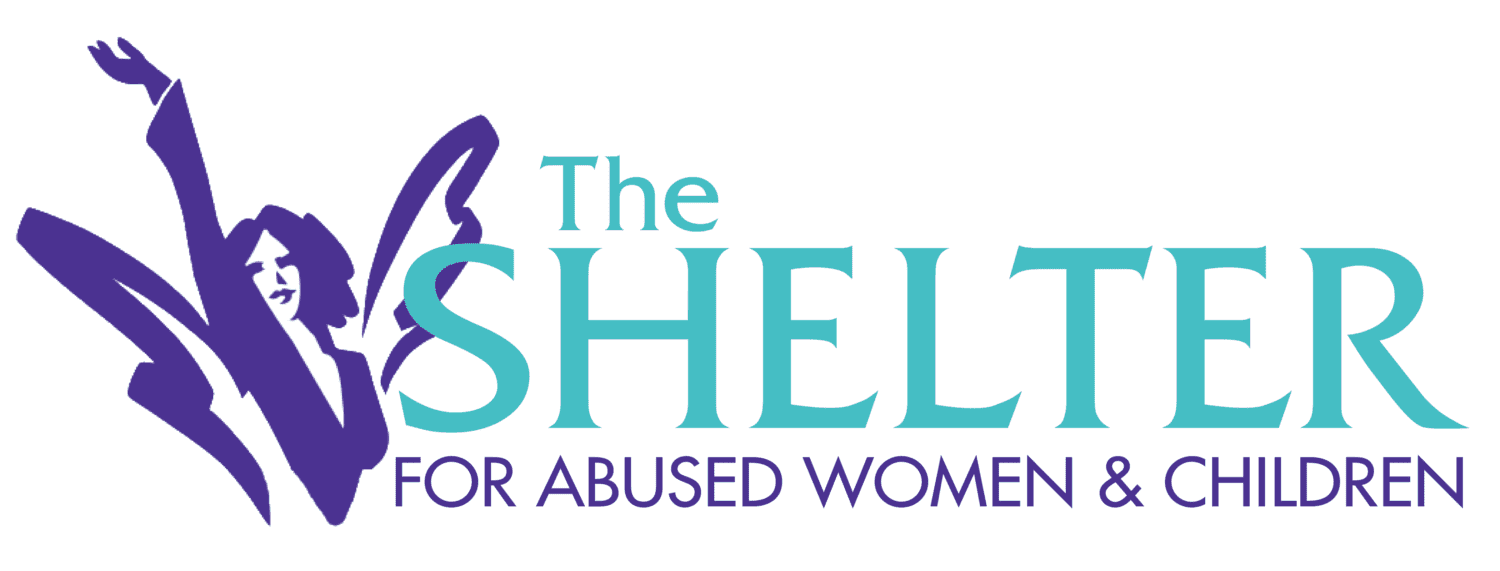Florida’s nonprofit pay scandal is worse than you think
Tampa Bay Times & Miami Herald – The Daily Buzz
February 22, 2020
Samantha J. GrossMary Ellen Klas
TALLAHASSEE — For the eight years she was in an abusive marriage, Lisa LeBel had no idea there was a shelter in Ocala to help people like her. When LeBel eventually left her relationship and got a job on staff with the Ocala Domestic Violence/Sexual Assault Center, it was a huge part of her healing.
But after two years, she saw a side of domestic violence centers in Florida that was “so shady and disgusting that I had to leave,” said LeBel, 43, of Dunnellon.
LeBel enjoyed performing duties others wouldn’t do, like taking victims to court dates and often escorting them to prenatal doctors’ appointments and counseling sessions.
But she only got paid for it if she lied.
LeBel’s position was completely funded by what is called a “VOCA grant” or a Federal Victims of Crime Act, administered by the Florida Attorney General’s office. And if she performed duties outside of her job description, the funding got pulled.
It was the first of many grievances she said she had with the center, like when a group of women donated designer handbags for victims on Mother’s Day and her higher-ups kept the “nice ones” for themselves. Or, she said, when an organization that insisted on donating turkeys for Thanksgiving was asked for cash instead.
She detailed the issues in a complaint to the Florida Coalition Against Domestic Violence, the clearinghouse for all state and federal domestic violence funds, that has recently come under fire after it was revealed that its longtime chief executive officer, Tiffany Carr, was paid more than $7.5 million over three years.
“I saw so much stuff that just wasn’t appropriate,” LeBel said. “It was physically making me sick.”
Her experience lines up with dozens of former domestic violence staffers who submitted hundreds of complaints to the coalition. Those complaints were obtained by the Times/Herald, and they showed a pattern of missing oversight and a lack of funding for employees and programs meant to serve domestic violence survivors and their children statewide.
The Florida Coalition Against Domestic Violence is the state’s lead agency on domestic violence and, since 2003 when Carr got the support of former Gov. Jeb Bush to expand from an advocacy, training and policy group, it has served as the clearinghouse organization for all state and federal funding.
The agency manages about $52 million in state and federal government funds that goes to 42 domestic violence centers that serve as emergency shelters for victims of domestic abuse.
While Carr and her close-knit group of friends who served in leadership and on the board of the coalition enjoyed massive compensation packages and trips to her home in North Carolina, the domestic violence centers that depend on the agency for grant funding and support suffered under a lack of oversight.
For months the Florida Coalition Against Domestic Violence refused to turn over documents to the Department of Children and Families, which is responsible for overseeing the coalition. After the Times/Herald story on Carr’s high salary, the Department of Children and Families ordered an audit in August 2018. Last week, under pressure from the Florida House, the Florida Coalition Against Domestic Violence turned over documents for the first time.
Not only were some centers lacking the funding and resources to keep women and children safe, but they also faced mismanagement by their own leadership. Complaints obtained by the Times/Herald and interviews with former staff members like LeBel showed unsafe conditions for those who depended on services, dirty facilities, and a culture that encouraged staff to fib on their time cards and even pilfer donations meant for domestic violence survivors.
Rita Smith, former head of the National Coalition against Domestic Violence, said the culture Carr built “would have trickled down to local services, absolutely.”
Smith, a Florida native who knew Carr well, said lots of local groups have come to her with concerns over the direction the coalition was taking.
“They were really upset that all this money was stopped up at the top and less and less was being funneled into the direct service work,” she said.
Unsatisfactory shelters
According to complaints obtained by the Times/Herald and substantiated by the coalition, conditions at the shelters were not always up to snuff.
At the Haven of Religious Community Services in Clearwater, the facility was unsanitary, cluttered and papers with confidential information were not secured. The coalition’s monitors also found open packages of raw meat, rotting produce and films of grease on the stoves in the center’s kitchen. Throughout the facility, monitors observed dirty and sticky floors, large patches of black dirt on the shelter furniture and broken doors and gates.
A mental health counselor, whose client was staying at the Clearwater facility in 2016, wrote to the Florida Coalition Against Domestic Violence board: “I know many, many people who donate hundreds and thousands of dollars to this shelter. If one of those donors walked through the shelter, they would be appalled.” The Pinellas County Domestic Violence Task Force sent a similar letter to the Florida Coalition Against Domestic Violence.
Other reports from local monitors employed by the coalition revealed shelters that posted chore lists for victims and their children to complete and facilities that didn’t have working sinks.
The coalition also received a series of letters from groups of employees at several domestic violence centers across the state who cited high turnover, lack of funding and mismanagement by leaders at the individual facilities. There were hundreds of complaints from residents who said they witnessed staff at centers acting irresponsibly and cited unsafe conditions for victims.
Despite acting as the monitoring arm for the centers and serving as the clearinghouse for state and federal grants, the coalition often responded by saying it “has no authority to address these items.”
At the coalition, which was in charge of passing on the grant money from state and federal programs, staff turnover was a constant, leading to delays in workflow and other problems, staff told the Times/Herald. There were times the agency had so much unused cash before the June 30 grant deadline, it would go on a spending spree to use up the money. One staff member recalls ordering thousands of printed brochures at Kinkos. Ledgers show other questionable expenses: such as $21,000 at Best Buy for “camouflage” hunting cameras, enough to buy 214 of the $99 devices.
The grants also required programs to be reported. LeBel recalls programs that existed when she began her job in Ocala, like teaching survivors personal finance skills and how to use a journal to express their feelings. Those programs are gone now, she says, but she “guarantees they are lying and saying it’s being done.”
State takes action
In a rare move, the Florida House has flexed its subpoena power to bring in current and former members of the Florida Coalition Against Domestic Violence board of directors, and Carr’s two top deputies, who are expected to be deposed under oath Monday. Current and former board members, who approved her compensation, will be interviewed by the House Committee on Public Integrity and Ethics on Monday afternoon.
Carr has also been subpoenaed, but because she does not live in Florida she has been hard for House lawyers to serve with legal documents.
Gov. Ron DeSantis also ordered the Florida inspector general to investigate, and two members of Congress have asked for a federal probe. On Thursday, he issued an executive order that requires all state agencies to review any single-source contracts that are given protected status in state statute.
In the meantime, directors of the local centers are hoping that the transition is smooth, and that domestic violence survivors continue to get services they need. Twenty-six of them sent a letter to DeSantis saying they were “shocked and gravely concerned” about the compensation paid to Carr and demanded that the members of the board resign.
One of those directors was Linda Oberhaus, the CEO of the Shelter for Abused Women & Children in Naples, who said she hopes members can come together and ensure funding continues to come down from the coalition to the centers. Members used to meet annually but in recent years, “the membership has been the CEO and her board of directors.”
A former Florida Coalition Against Domestic Violence board member herself, she recalls a culture of secrecy politics that she believes led to where the coalition stands today.
“Now that the Legislature has all this information and are doing an investigation, there are going to be many things that come to light,” she said.
Allison Randall of the National Network to End Domestic Violence said in the meantime, it’s important for the state to center efforts on current victims of domestic violence and ensure they get “every penny of funding designated to serve them.”
She said statewide coalitions are the backbone of domestic violence response across the country and play a crucial role as a nucleus of information, training, advocacy and programming for local centers.
“What’s important is that as the state adapts how they awarding the funding, the local programs continue to get reimbursed and the rules for their operations aren’t suddenly changed,” she said. “That could destabilize the local programs and inhibit their ability to provide services.”
Smith said she thinks the coalition will be able to move on from the scandal, so long as the organizational structure of the Florida Coalition Against Domestic Violence gets “a big rehab” and more funds are freed up for local programs. At the core of the issue is the local centers who need to keep providing essential services, she said.
“If we’re going to peel the onion back, we have to keep peeling,” she said. “We have to understand how we maintain these services that are vital to community safety.”





